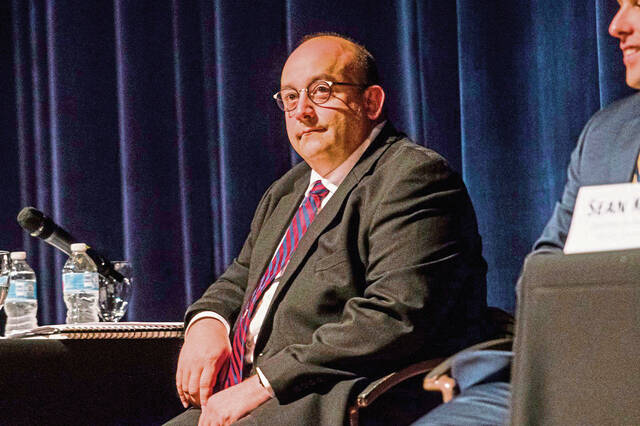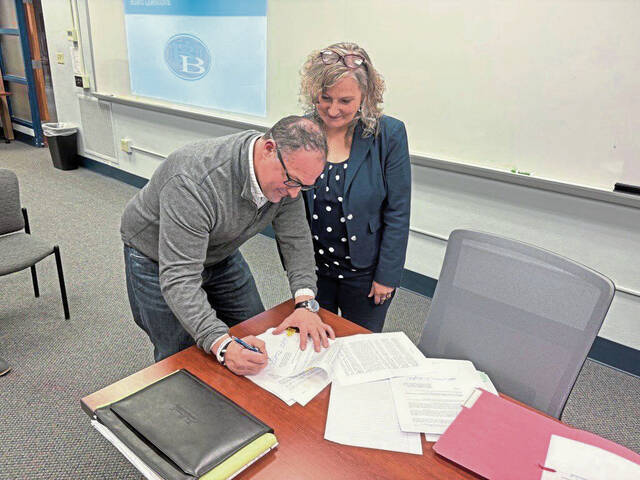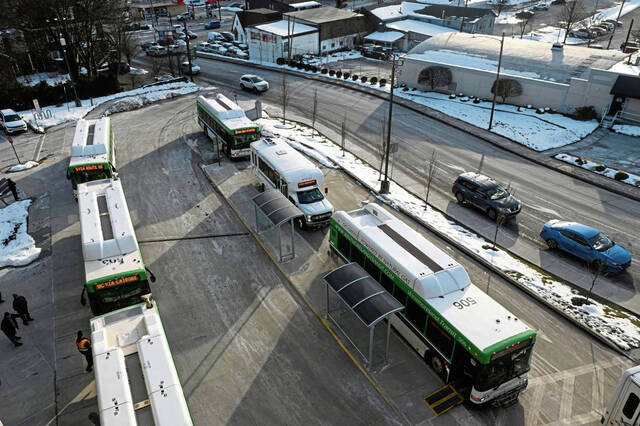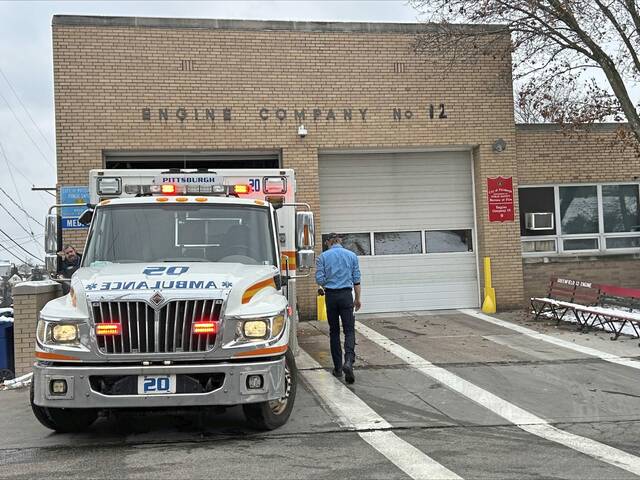Campaign promises can be an oxymoron. They are something that a candidate swears he or she will do while shaking hands and making speeches, stumping for the job.
Campaign promises are as famous for being broken as they are for being made. That doesn’t make it any less disappointing when they shatter.
In the run-up to the 2019 election, Doug Chew made a very specific promise while campaigning for Westmoreland County commissioner. The county’s drug court needed support, he said, and 60% of his salary would go to that if he was elected.
Chew got the job. The court has not gotten the cash. Commissioners make about $81,000. Chew’s promised portion would come to about $48,600.
In a Tribune-Review article over the weekend, Chew claimed the program doesn’t really need what he had offered and has stated his intention was to help the program grow but it stays at its maximum of 60 participants. The judges, however, say the funds definitely could be useful.
In December 2020, 12 months into the job, Chew reconfirmed his campaign promise, saying “my plan is to write a check and to do that at the beginning of the next three years.”
It is understandable that a candidate might not have as much insight into a program’s needs as a sworn official. But after a year in the courthouse, Chew was still on record with that substantial pledge. It was another nine months before he suggested it wasn’t necessary — and that came the same week the county learned the drug court had lost a major grant and was now short of funds needed to do its important work.
The $50,712 grant from the Pennsylvania Commission on Crime and Delinquency paid for drug testing of participants on nights and weekends for two years. They are separately tested twice a week during business hours. Costs of the off-hour testing run about $750 per weekend — a total of $39,000 or so per year.
On Monday, Chew made another promise. He will pick up the cost of that testing. But that isn’t the same as his original pledge, especially because he admits it isn’t permanent.
“This may not be solved overnight, but until I can either get another grant approved or another funding source, I’ll cover the weekend program costs,” he wrote in an email to the two drug court judges and other county officials Sunday.
The county should absolutely work to get other grant funding to cover what disappeared, if only to make sure that it is from a reliable source that comes with a written agreement.
But even if that happens, it doesn’t absolve Chew. When he was running for the job he won, he pledged to donate 60% of his salary. That is the pertinent factor. His noble promise surely helped convince some voters to support him. This summer, he said he donated to other social service agencies and charities in lieu of his drug court pledge. Receipts, please.








